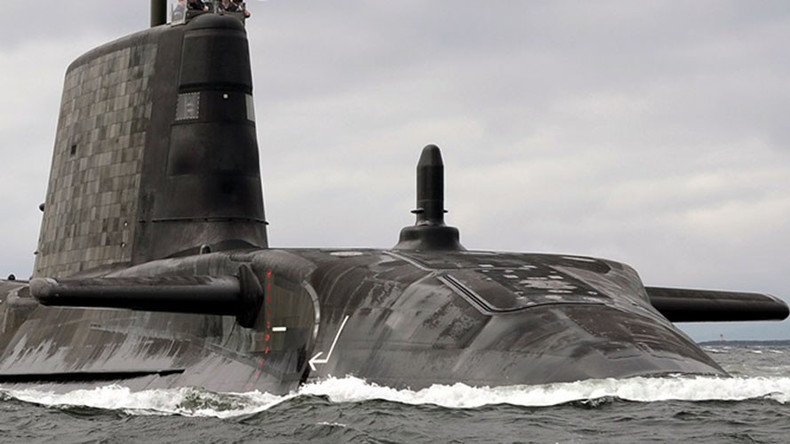Navy ‘cannibalizing’ ships for parts, leaving vessels out of action

The Royal Navy is ‘cannibalizing’ boats for parts to complete the building of other ships, leaving established vessels without the capacity to sail. An investigation uncovered mass stripping of parts from across the whole fleet.
The Navy’s 19 frigates and destroyers and seven attack submarines sometimes do not have the spares they need to go to sea. The findings came during a probe by the National Audit Office (NAO).
To patch over the problem, thousands of parts have been swapped or removed, but the move has consequences. In one shocking example, a ship was delayed for 42 days after having parts removed.
The NAO found a 49 percent increase in the practice over the past five years, revealing the rise has a huge financial impact. Around £5 million (US$6.65 million) was added to the overall construction of the third Astute class submarine, HMS ‘Artful’, stranded in port for more than one month because parts were taken during its construction.
Nuclear sub crewmen kicked out of Royal Navy after failing drug tests https://t.co/2k6JYWSfwy
— RT (@RT_com) October 28, 2017
The Ministry of Defence (MoD) said it only carried out the practice when necessary. However, there were 795 instances of harvesting one vessel for another in 2016. This means it occurs around 66 times per month, double the amount per month in 2005.
The NAO accused the MoD of failing to monitor the practice which has led to “an estimated £40 million cost increase” on submarine projects alone. Government cuts to the maritime support budget have also exacerbated the problem, the report said.
“In the past two years, the Navy has removed an estimated £92 million from its maritime support in-year budgets,” the report said.
READ MORE: Is austerity leaving Britain wide open to attack? Tories keep dodging the question
Although the NAO found during high-intensity operations the practice can keep vessels at sea during a vital period, and, it can be the most effective way to keep vessels at sea. However, there were many more instances than appeared necessary. Between April 2012 and March 2017, there were 3,230 acts of ‘cannibalization’ for 6,378 parts.
“Less than 0.5 percent of parts we use come from swapping components, and we only do this when it's absolutely necessary to get ships out of port and back on to operations more quickly,” an MoD spokesman said. “We continue to make improvements to how we manage this long-established practice.”













